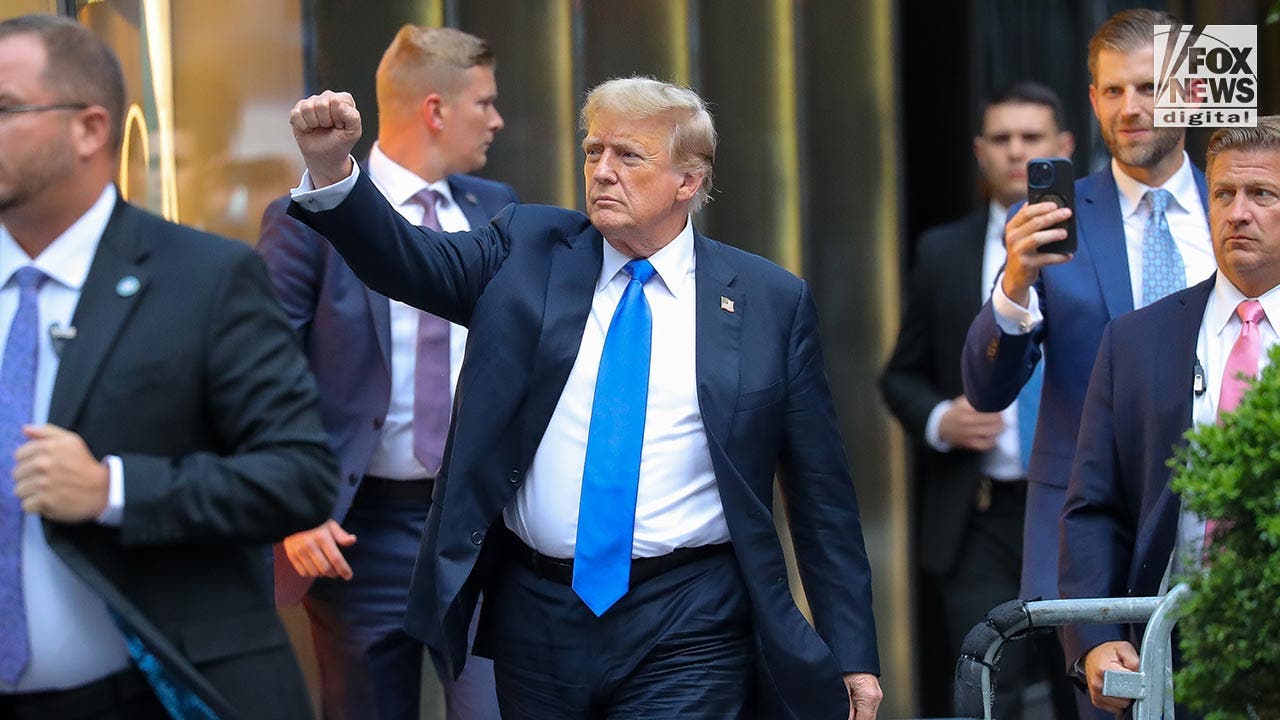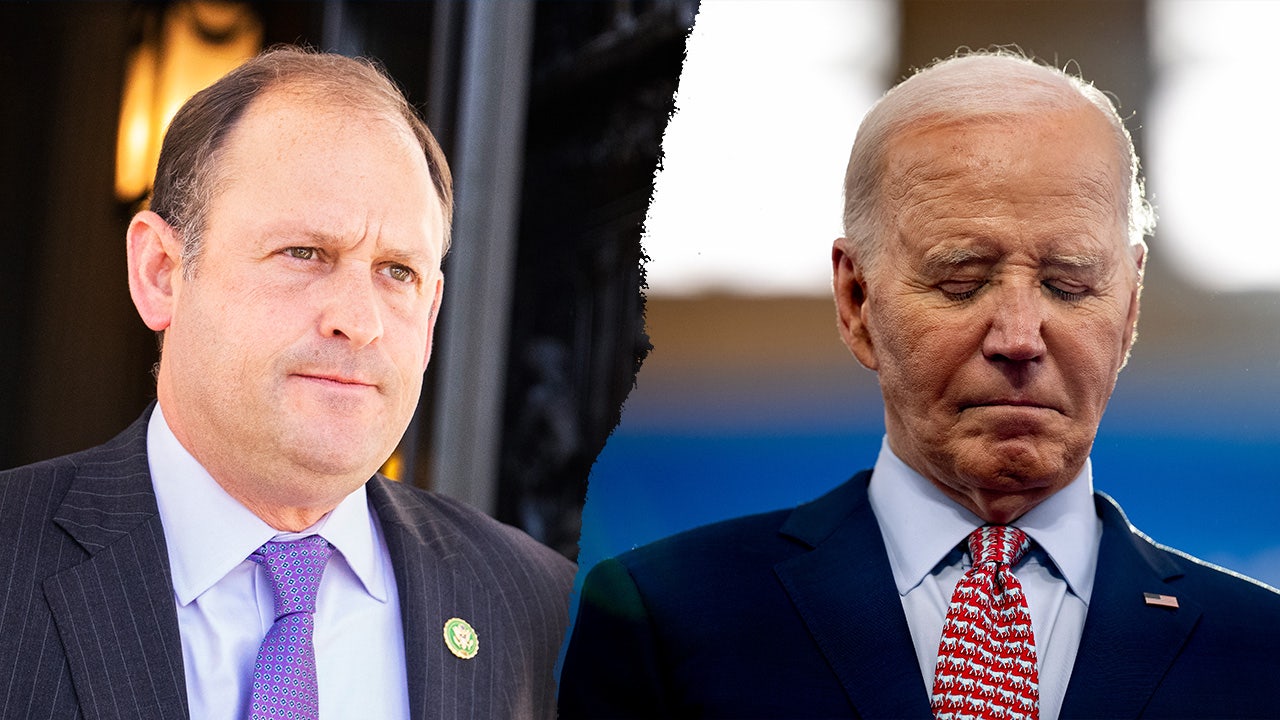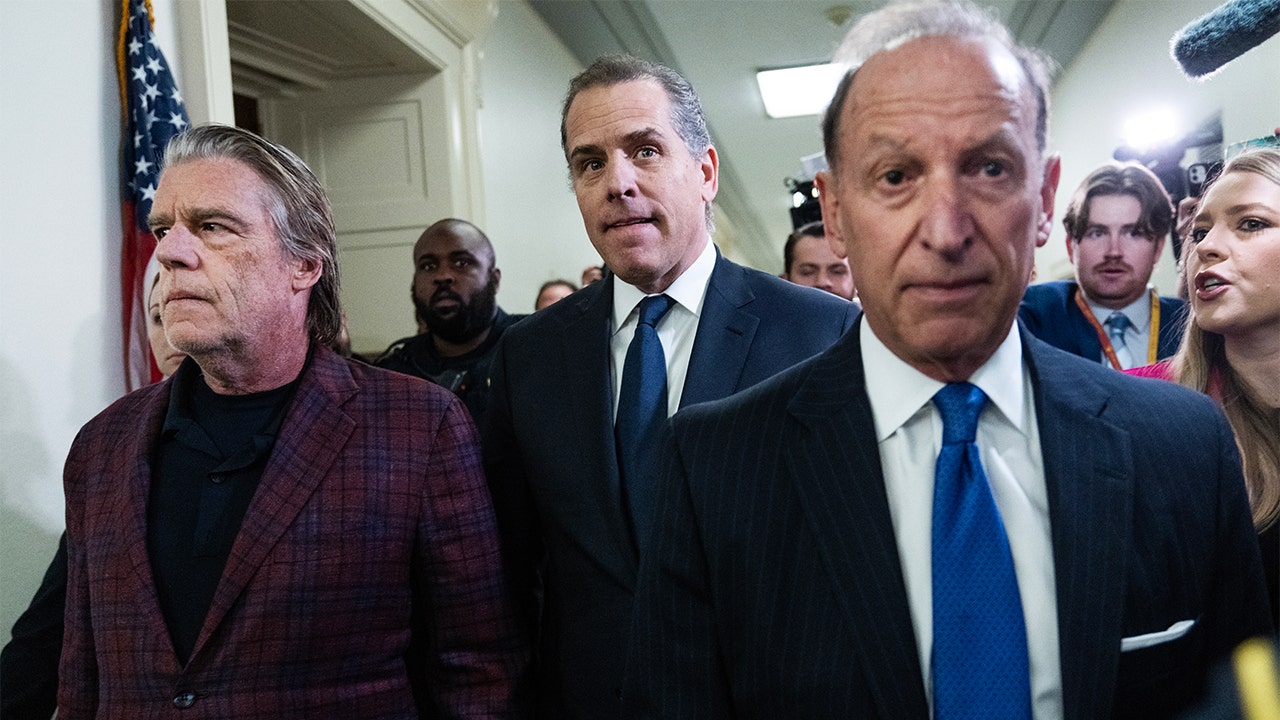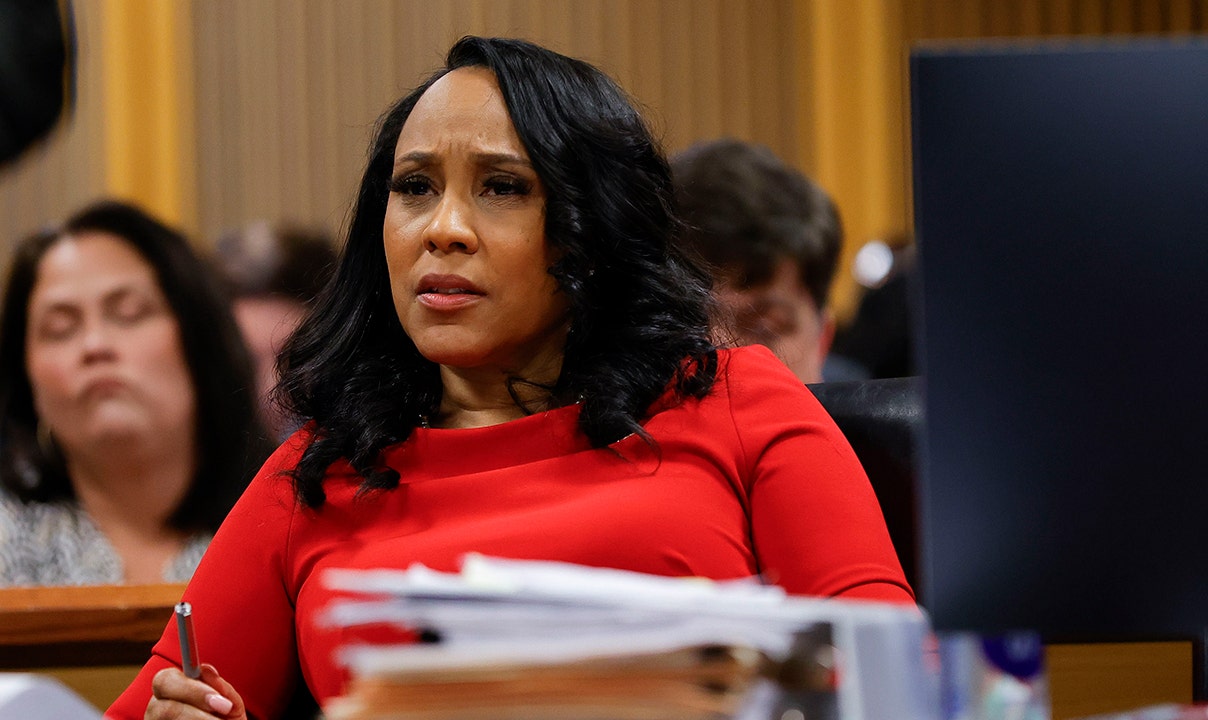EXCLUSIVE: A retired Green Beret appointed to the House task force investigating the attempted assassination of former President Trump is questioning whether U.S. Secret Service (USSS) leaders denied multiple requests for more security over funding concerns.
Rep. Mike Waltz, R-Fla., told Fox News Digital his sources within USSS were “frustrated” with their leaders, including how they’ve handled the fallout since Trump’s July 13 rally in Butler, Pennsylvania.
Waltz suggested he was told Trump had been getting the normal level of protection for a former president, but that USSS leadership was hesitant to grant requests for added security for all of his campaign events as a major party candidate for re-election.
“What I was initially told was that kind of the atmosphere … the leadership wouldn’t say it explicitly, but the tone and the tenor they got back was, ‘We’re not going to burn through our budget — all the extra overtime, all the extra travel, all these extra agents and resources — so that Trump can have all of these rallies every week,'” Waltz said. “That was really, you know, the kind of message they were getting back.
TRUMP SHOOTING: TIMELINE OF ASSASSINATION ATTEMPT
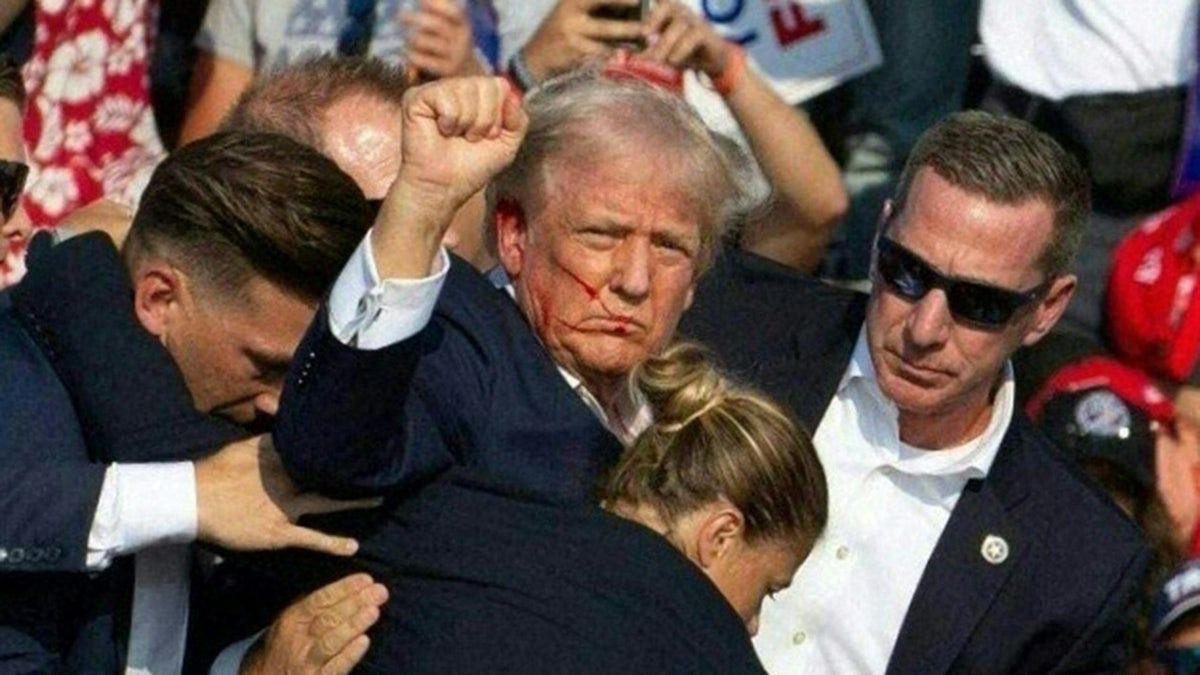
Republican candidate Donald Trump with blood on his face surrounded by Secret Service agents as he is taken off the stage at a campaign event at Butler Farm Show Inc. in Butler, Pa., July 13, 2024. (Rebecca Droke/AFP via Getty Images)
“If that’s the case, that is highly politicized and highly dangerous. If they needed more resources, they should have come to the Congress and asked for it, because you’ve got a very active former president who — oh, by the way — is also a candidate.
“You can’t just go to, you know, your standard operating procedures for, say, a Jimmy Carter who’s sitting in an old folks’ home. And so I’m really interested in getting to the bottom of how that happened.”
Fox News Digital reached out to the Department of Homeland Security (DHS) and USSS for comment.
Waltz told Fox News Digital he’s also interested in finding out whether the funding issue led to other potential incidents with Trump during the course of the House’s investigation. He said it was one of “three buckets” of information he’s looking to explore.
VIDEO FROM TRUMP ASSASSINATION ATTEMPT VICTIM’S POV SHOWS FIGURE MOVING ON ROOF MOMENTS BEFORE GUNFIRE
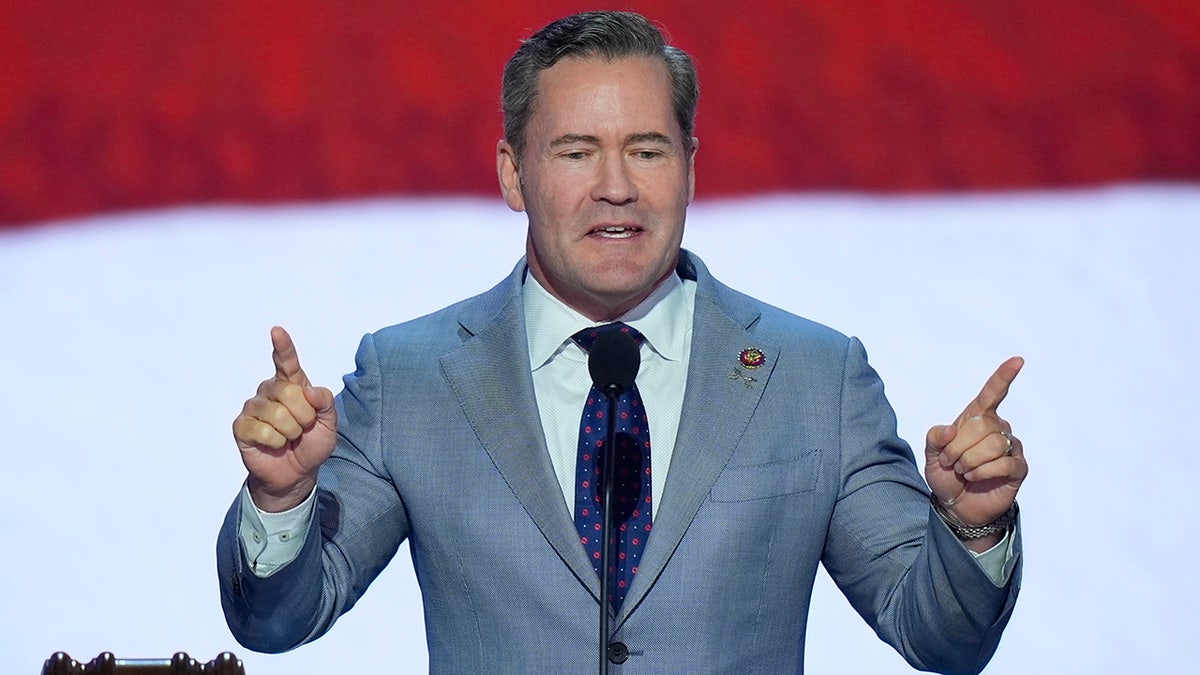
Rep. Michael Waltz, R-Fla., is one of 13 House lawmakers on a bipartisan panel to investigate the Trump shooting (AP Photo/J. Scott Applewhite)
“From what agents are telling me, he was assigned the same detail a former president would get to, say, Jimmy Carter or [George W. Bush]. Well, he’s obviously not your average former president. And they’re telling me they were repeatedly denied additional resources,” Waltz said.
“So, were there other near misses? Were there other major, you know, violations or security incidences at his residences, for example?”
A 20-year-old gunman opened fire on Trump’s July 13 rally from a rooftop just outside the event’s security perimeter, killing one rally attendee and injuring two others. The former president was shot in the ear and hastily evacuated by USSS agents.
It’s spurred several probes, including multiple congressional investigations, into security failures that day. The fallout also forced the resignation of former USSS Director Kimberly Cheatle, who was replaced by acting Director Ronald Rowe.
Multiple reports indicated last month that the Trump campaign was denied requests for added security for various events prior to the rally shooting due to a lack of resources.
TRUMP ASSASSINATION ATTEMPT VICTIM JAMES COPENHAVER ‘SAD’ WITH STATE OF ‘POLITICAL DIVISION’ IN US
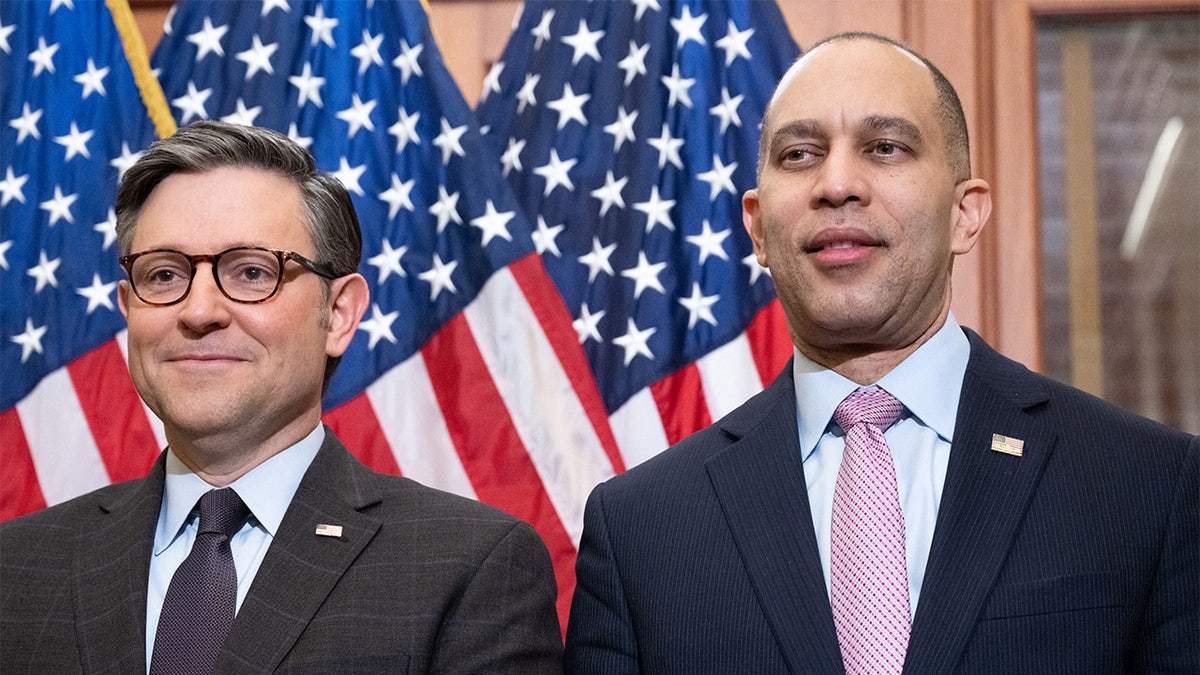
Speaker Mike Johnson and Minority Leader Hakeem Jeffries commissioned the task force in a bipartisan effort. (Getty Images)
USSS spokesman Anthony Guglielmi did not dispute those reports in a statement he made to The Washington Post in late July.
CLICK HERE TO GET THE FOX NEWS APP
“The Secret Service has a vast, dynamic and intricate mission. Every day we work in a dynamic threat environment to ensure our protectees are safe and secure across multiple events, travel and other challenging environments. We execute a comprehensive and layered strategy to balance personnel, technology and specialized operational needs,” he said.
“In some instances where specific Secret Service specialized units or resources were not provided, the agency made modifications to ensure the security of the protectee. This may include utilizing state or local partners to provide specialized functions or otherwise identifying alternatives to reduce public exposure of a protectee.”



